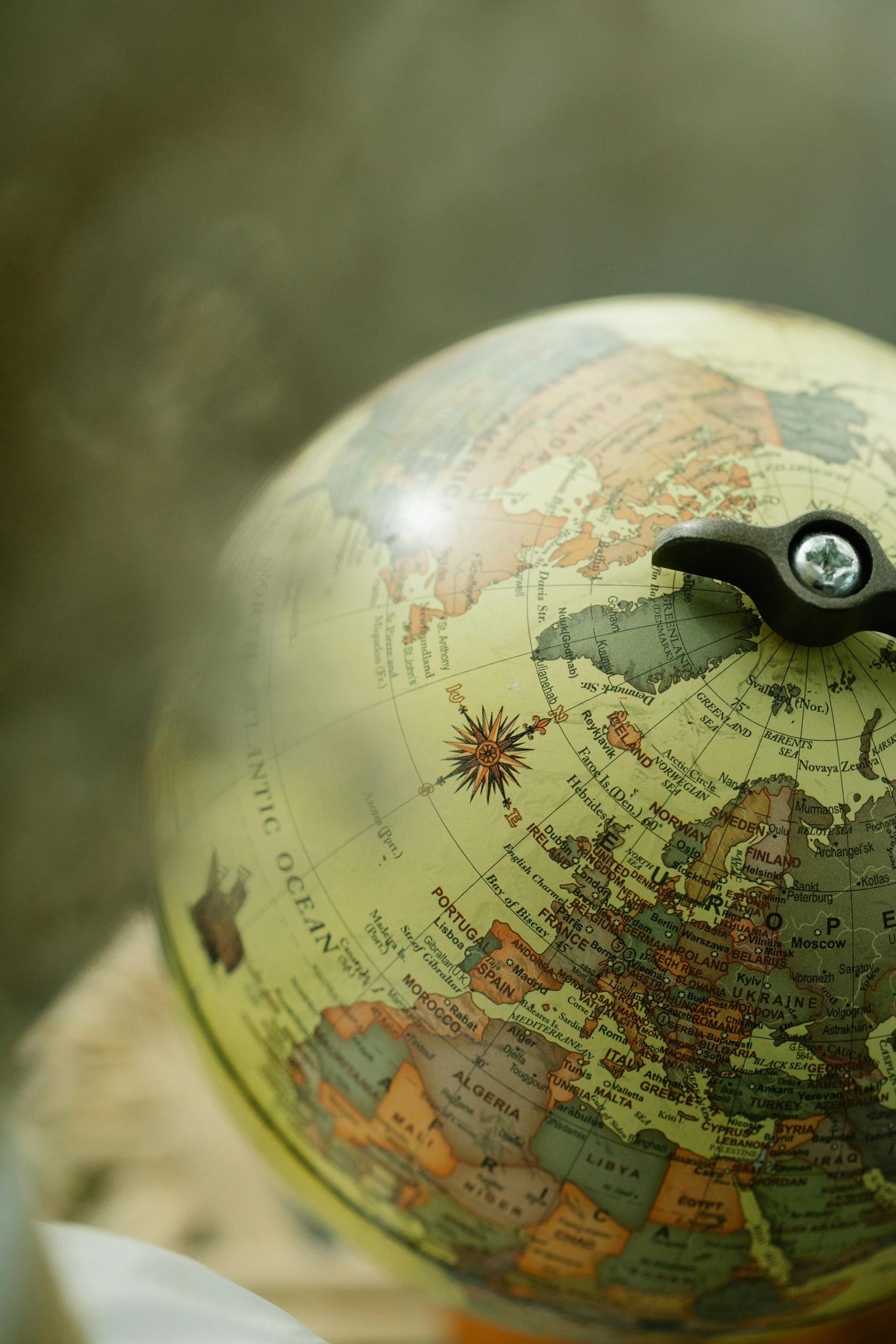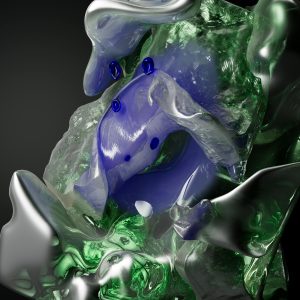Even Korean billionaires and high officials still believe in fate — in a country that has joined the ranks of the world’s advanced nations
The Enduring Faith in Fate Among South Korea’s Elite: A Tradition in a Modern Nation
South Korea, a nation renowned for its rapid development and global technological influence, still holds onto age-old beliefs in destiny and fate. Surprisingly, even among the country’s wealthiest magnates, politicians, and high-ranking officials, the practice of consulting traditional fortune-telling systems remains a common step before making pivotal life decisions.
A Tradition Rooted in History
Historically, Korean royalty and luminaries relied heavily on spirit mediators known as mudang—shamans believed to communicate with unseen forces. This tradition can be traced back to the era of Genghis Khan, who also utilized shamans to guide his campaigns. Contemporary celebrities and influential figures sometimes claim to receive spiritual insights, demonstrating how deeply ingrained these beliefs are in Korean culture.
Modern Korea: A Paradox of Progress and Tradition
Despite South Korea’s position as a leading global economy, the country’s streets are lined with neon-lit shops offering fortune-telling services. These establishments sit side-by-side with sleek office buildings and bustling startup hubs, creating a vivid tapestry of old and new.
To outsiders, practices such as saju (the “Four Pillars” astrology) and name numerology might seem like remnants of superstition. However, at their core, these systems represent early human attempts to interpret life through structured variables—considering factors like time, elemental forces, and chance. They serve as early data models that aim to decode the complexities of human existence.
Personal Encounters with Destiny
On a personal note, many Koreans have experienced the profound influence of these belief systems. For example, one individual recalls that their father passed away in his forties, and upon reviewing his numerology chart for that decade, they found a score of zero out of one hundred. While the meaning remains uncertain, it left a lasting impression—highlighting how numbers can describe aspects of life but often fall short of fully explaining them.
Similarly, personal horoscopes have demonstrated remarkable accuracy; predictions about life events such as marriage prospects have proven correct. These experiences evoke questions about whether humans seek patterns due to confirmation bias or an innate aversion to randomness.
A Fusion of Beliefs and Curiosity
Motivated by curiosity rather than faith, a new system called Codestiny was developed by blending Korean saju, name numerology, and Western psychology’s MBTI framework. This














Post Comment